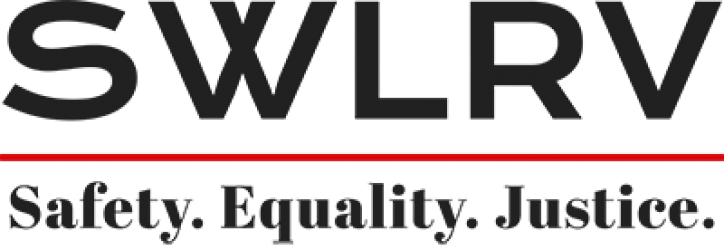Martin Foley is appointed Minister for Health following the resignation of Jenny Mikakos. Revelations from hearings at the Inquiry into the COVID-19 Hotel Quarantine Program led former Minister for Health, Jenny Mikakos, to resign from her ministerial portfolio and from parliament altogether.
From the perspective of sex workers, Martin Foley is a desirable person to be appointed Minister for Health. One of the longest serving members of parliament, Mr Foley’s state electorate of Albert Park includes Melbourne’s ‘red light’ district of St Kilda, contains the highest number of licensed brothels in the state and has a high concentration of private escorts (both female and male). A long term public advocate of sex workers’ rights, Mr Foley also retains the Minister for Equality portfolio, a portfolio often associated with LGBTIQ rights.
Mr Foley has facilitated funding boosts to StarHealth community health centre in the inner suburbs of Melbourne. StarHealth runs Victoria’s government funded sex worker support program, RhED. He also helped deliver funding to the much anticipated seven-story Victorian Pride Centre, located in St Kilda. Scheduled to open in 2021, the Centre will house LGBTIQ related organisations and sex worker groups.
The Minister for Health plays a role regulating the sex industry. Matters pertaining to public health, including sexually transmitted infections, HIV, and now coronavirus, are managed by the Department of Health and Human Services Victoria (DHHS), and sex workers are often the focus of public health concerns. DHHS also funds sex worker related programs. At present these programs include community health program RhED and feminist charity Project Respect.
DHHS’s regulatory role overseeing the sex industry reminds us of a fundamental, and yet unresolved question: for the purposes of government regulation, how are we to view the sex industry? Is there a single answer? No government in Australia, or the world, has yet been able to satisfactorily or clearly answer this question. Here in Victoria, over time and at present, various government departments and competing narratives provide an array of possible responses.
For the purposes of regulation, governments can view and regulate sex work as one or more of the following:
- criminal activity to be eliminated by police (to a certain extent Victoria adopts this approach)
- a form of counselling or therapy
- a medical or health service, like nursing
- massage, a largely unregulated industry
- a form of alternative therapy similar to acupuncture, Reiki, reflexology (an activist even once suggested that, as a service, sex work could most closely be compared to colonic irrigation)
- a licensed business similar to real estate agents, funeral directors or used car salesmen (this best reflects Victoria’s current approach)
- a provider of entertainment services (similar to casinos, gambling venues, nightclubs)
- adult entertainment (similar to strip clubs, peep shows)
- exploitation of women where charities need to be funded to rescue women, helping them to escape the industry
- a public health threat requiring laws that criminalise HIV positive workers, mandatory STI testing and a lead role for health authorities
No doubt Mr Foley’s own views on the sex industry will be considered throughout the law reform process.
We welcome Minister Foley to his new portfolio and look forward to working with him to further the legal and human rights of sex workers.

